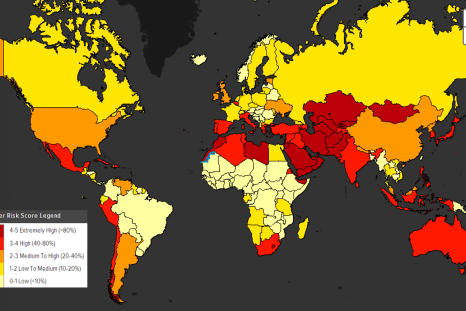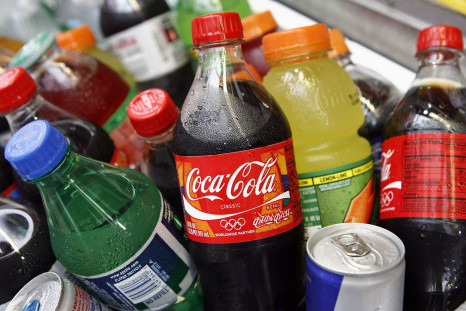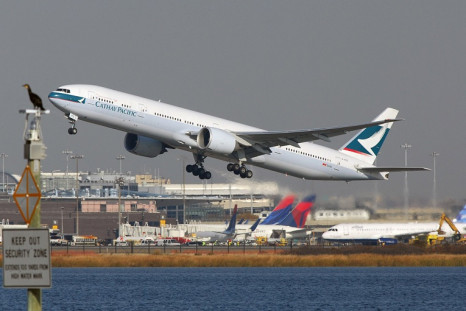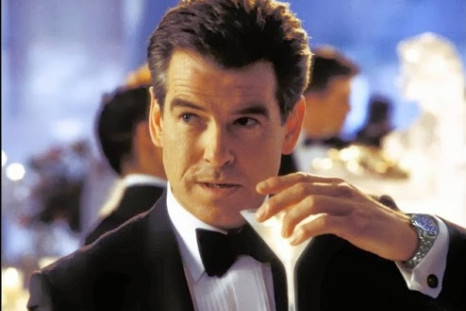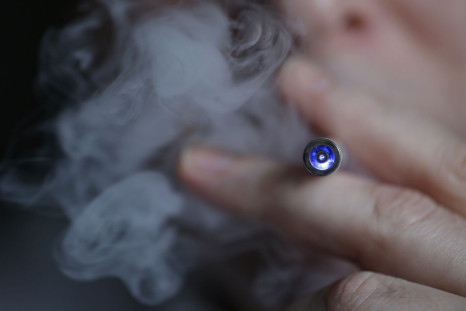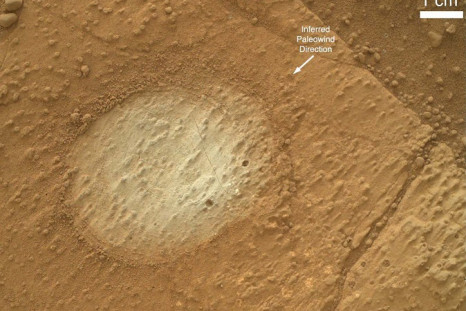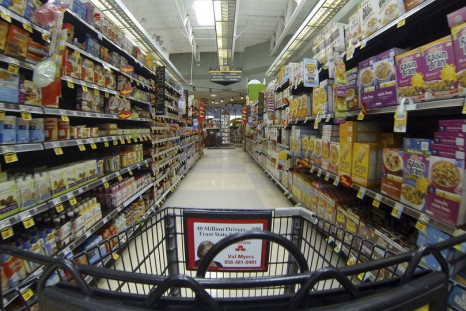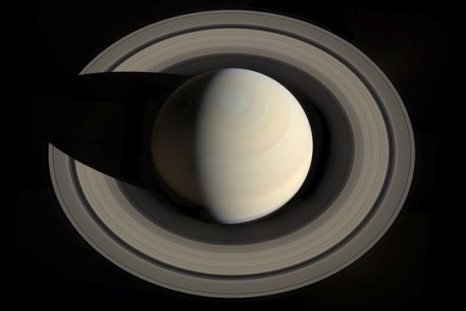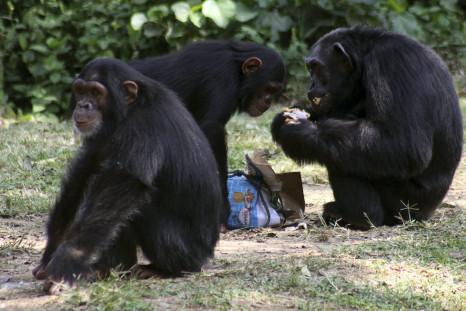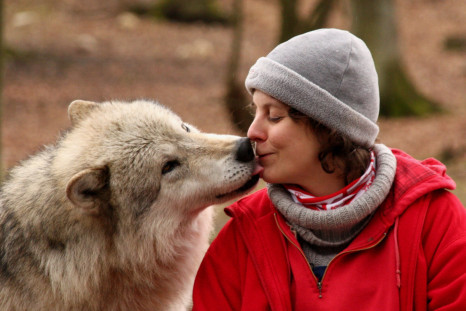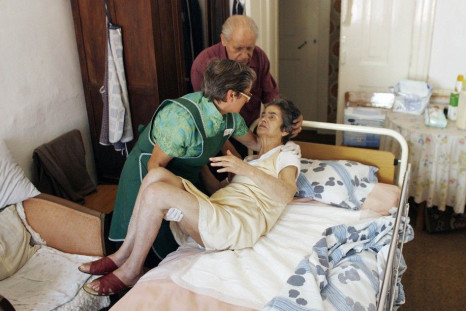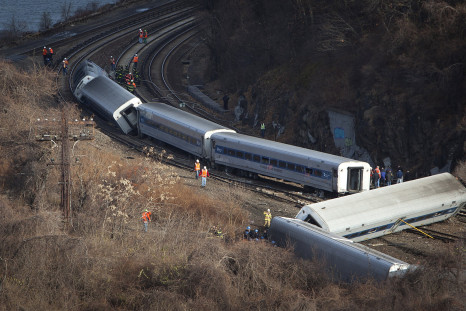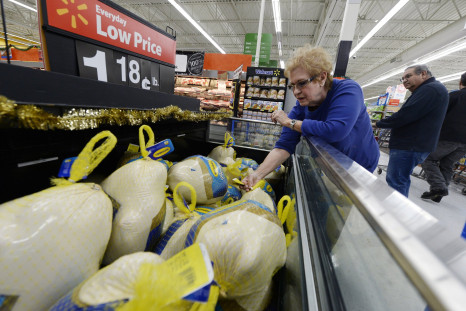Our Thirsty Future: Research Firm Assesses Water Stress Across The Globe
Water stress is an important risk for governments and companies to evaluate -- but may not necessarily lead to armed conflict.
Tricking The Tongue: How Biotechnology Might Let Us Cut Sugar And Salt, But Keep The Taste
Companies looking to cut back on sugar and salt are turning to biotech to shore up the taste of processed food.
Snowy Owls Shot At JFK: Port Authority Mulls Alternatives To Control Birds At NY Airports
An outcry over owl shootings may lead to a more humane approach to controlling birds at one of the world's busiest airports.
The Week In Science: Green Arctic, Hidden Germs, James Bond's Drinking Problem
A greener Arctic is likely here to stay; doctors estimate the fictional spy's alcohol consumption, and predict major health problems as a result.
E-Cigarette Secondhand Smoke Study Finds Nicotine, But Few Toxins
Water vapor exuded by e-cigarette users will expose a bystander to nicotine, but not carbon monoxide and other harmful compounds, a study finds.
Top Science Papers On Social Media In 2013: Fukushima Radiation, Mediterranean Diets and More
A London research firm ranked the top 100 scientific papers people are talking about on Twitter, Facebook, and more.
Citibikes In Winter: Bikeshare May Be Able To Cope With Snow And Ice, But What About Frost-Wary Riders?
Citibike stations will be moved around or shoveled out in moderately snowy conditions, the bikeshare operator says.
Is Organic Milk Better For You? One Study Says Yes
Organic milk has a healthier ratio of different kinds of fats than conventional milk, a new study says.
Life On Mars? Curiosity Finds Evidence Of Ancient Lake, Possibly Hospitable To Microbes
Scientific evidence suggests there was at least one lake near the Martian equator eons ago that could have supported simple microbes.
Animals Stealing Cameras: From Curious Lionesses To Criminal Cephalopods [VIDEOS]
Sometimes an animal's curiosity makes for funny footage.
Vitamin D Study Latest To Cast Doubt On Supplements' Ability To Prevent Disease
That multivitamin in your medicine cabinet may not be a catch-all for disease prevention.
The Week In Science: Bluffing Sparrows, Nervous Fish, And Questioning The 'Selfish Gene'
Some sparrows' chirps are worse than their pecks; fish are getting anxious about an increasingly acidic ocean.
Carbon Storage Under The Sea: Could We Lock Greenhouse Gases Safely Away?
A group of scientists has identified regions below the ocean where it might be safe to inject carbon dioxide under the Earth's crust.
A Healthy Diet Is More Expensive Than An Unhealthy One: Study
A healthier diet is also a more expensive one at the grocery store, according to a study of food prices.
Building A Better Mosquito Repellent, By Blocking Their Ability To Smell Us
New research points to a novel way of confounding those pesky bloodsuckers.
Planetary Scientists Feeling Pinched By NASA Reorganization, Budget Cuts
NASA is restructuring the way it funds planetary science - in a way that'll hurt young researchers, some say.
'Valley Girl' Talk Is, Like, Totally Spreading Among Young Dudes
Raising the pitch of your voice at the end of a sentence is not the sole purview of the gum-snapping mall rat anymore.
Chimpanzee Rights? Group Sues For Personhood Rights For 4 New York Great Apes
The Nonhuman Rights Project is filing writs of habeas corpus on behalf of four chimpanzees in order to establish the animals' right to autonomy.
From Wolf To Dog: Domestication May Have Been Aided By Wolf's Ability To Learn From Humans
Ancient humans who tamed wolves into dogs may have been assisted by the wolf's natural social learning abilities.
Treating Alzheimer's And Parkinson's With The Same Drug Might Be Possible (But Don't Get Your Hopes Up Yet)
New aging research points to a drug target for a host of neurodegenerative conditions -- but prepare for a long path to market, if at all.
3D Printing With Metal: Engineers Create DIY Welding 3D Printer For Under $1,500
Scientists have made a DIY 3D metal printer that'll set you back just around $1,500. (Welding experience required.)
How Train Derailments Happen, And How Technology Might (Or Might Not) Stop Them
Human error isn't as common as you might think in train derailments.
Secret To Koala's Bassy Bellow? A Newly Discovered Extra Pair Of Vocal Folds
An extra pair of vocal folds helps male koalas bellow deeper than their small size would typically allow.
GMO Corn Study To Be Retracted By Journal Following Storm Of Scientific Criticism
Food and Chemical Toxicology's editor-in-chief says a heavily criticized study will be retracted if the author does not withdraw it.
World Cup 2014: Meet The Caxirola, The Quieter Alternative To The Vuvuzela
Scientists say the caxirola, an instrument designed for the 2014 World Cup, packs much less of an auditory wallop than the vuvuzela.
The Week In Science: T. Rex Tissue, Aggressive HIV, Thanksgiving In Space
A scientist thinks she knows how soft tissue from the inside of a T. rex bone survived decay for 68 million years.
Sexual Regrets Differ Between Men And Women: Study
Modern men tend to regret not pursuing opportunities for sex, while women tend to worry about having sex with the wrong person.
Ode To The Wild Turkey: American Comeback Story And Thanksgiving Tradition
Wild turkeys nearly vanished from America in the 20th century, but they're back -- and perfect for your Thanksgiving plate.
Weight-Loss Surgery Alternative Method: Docs Think Blocking Off Gastric Artery Curbs Appetite
Blocking blood flow to an area of the stomach that makes an appetite-inducing hormone could be a powerful weight-loss tool.
Forensic Science And Art World Mysteries: The Case Of The Purported Pollock And The Telltale Polar Bear Hair
Forensic science investigates what might be the last painting made by the famed American drip painter.


